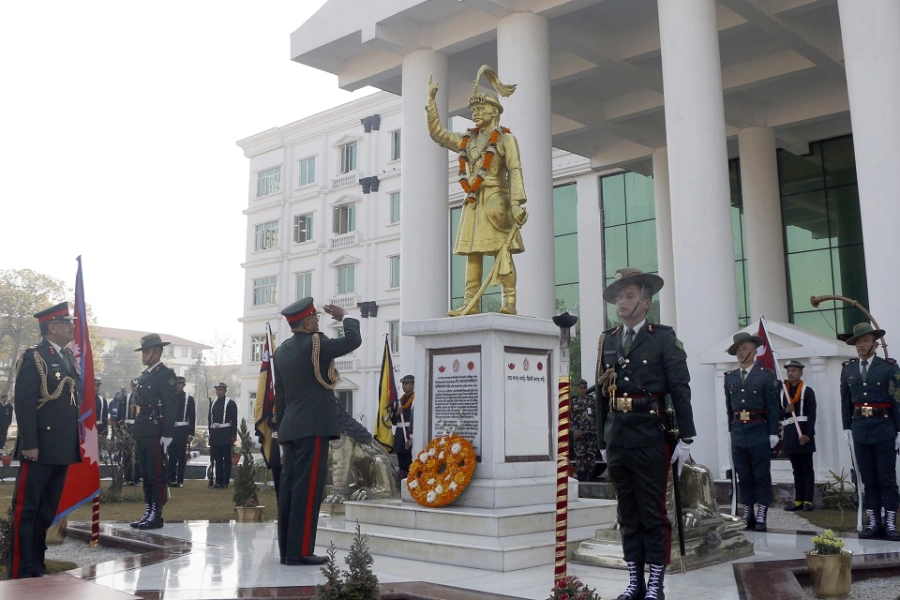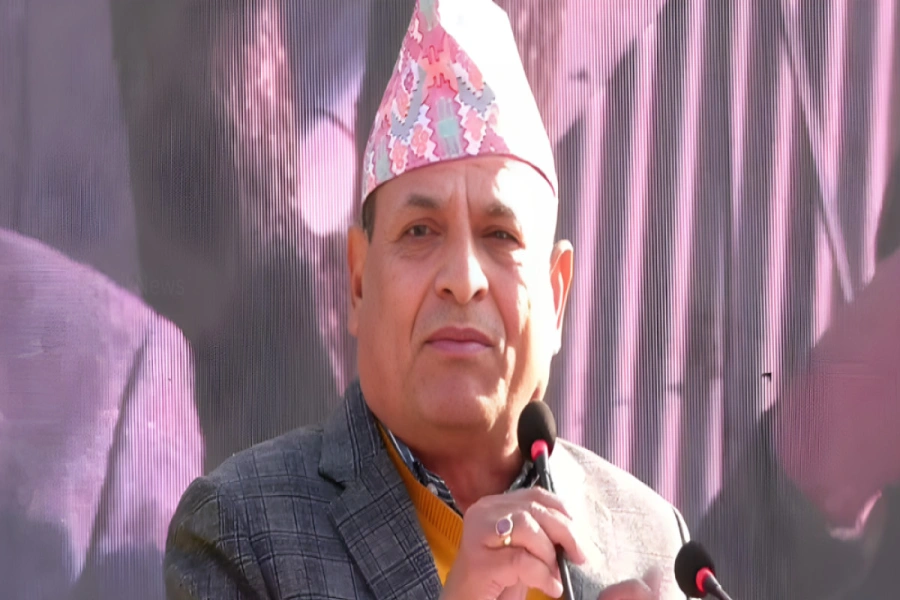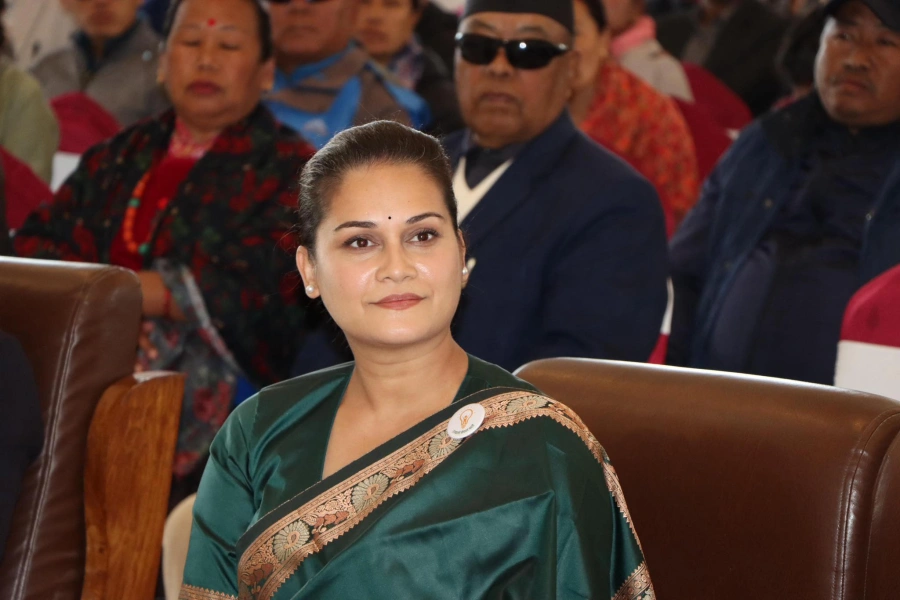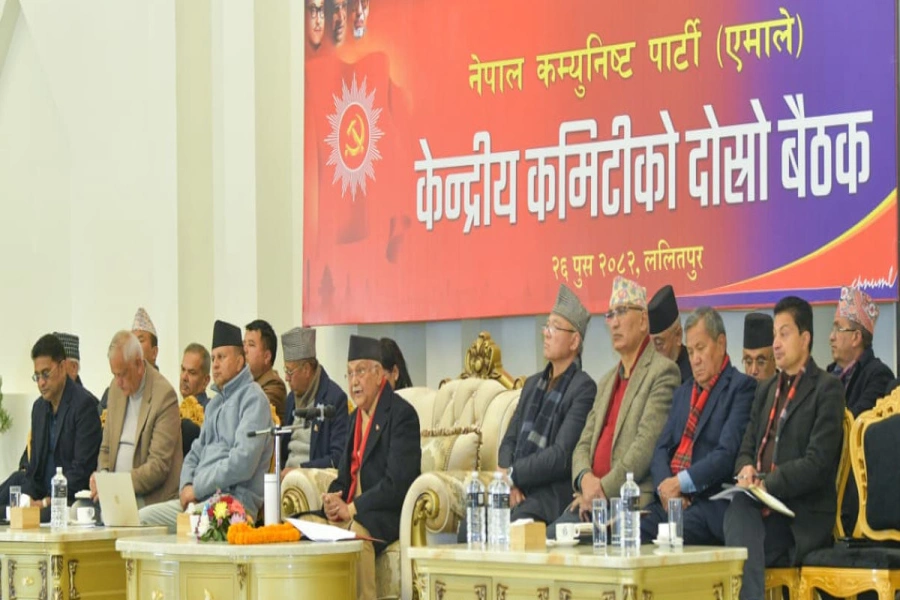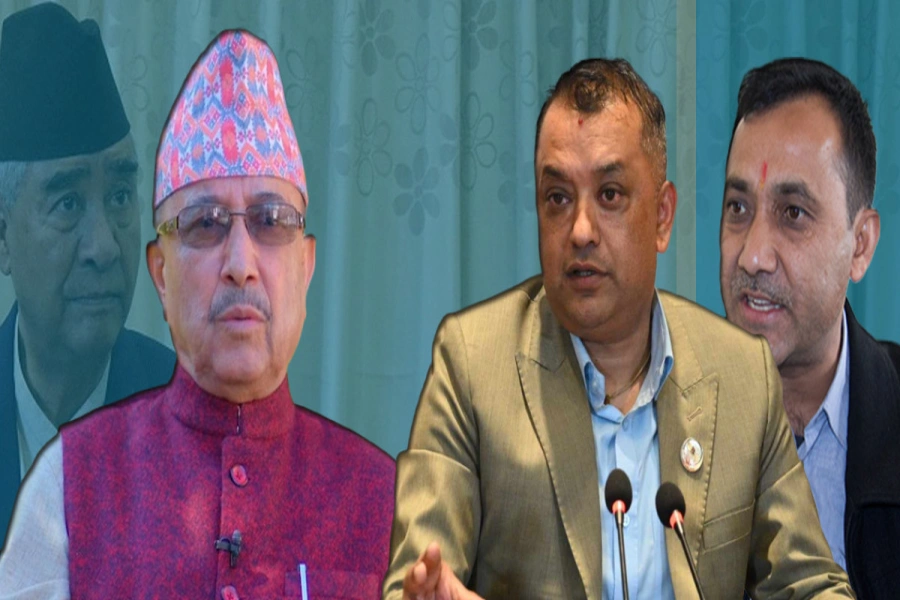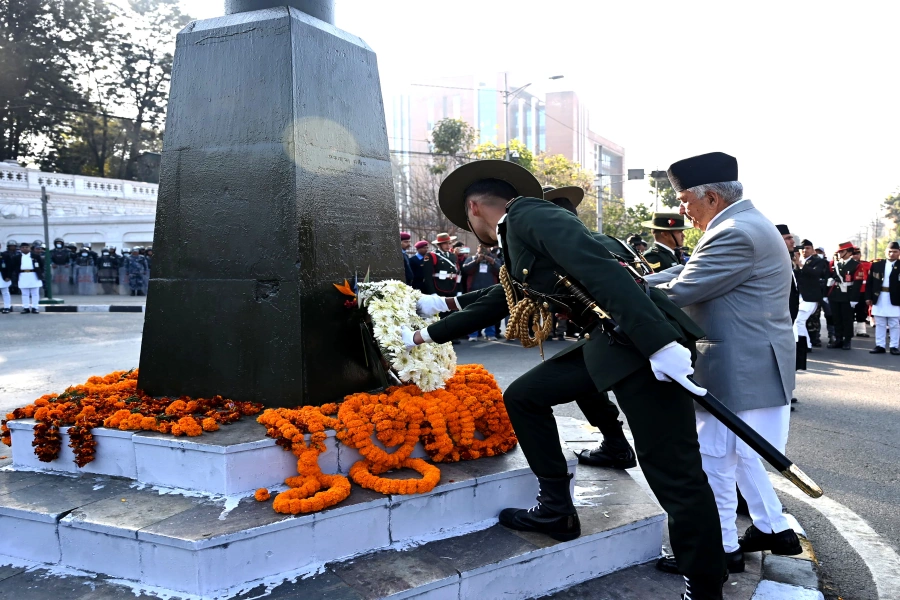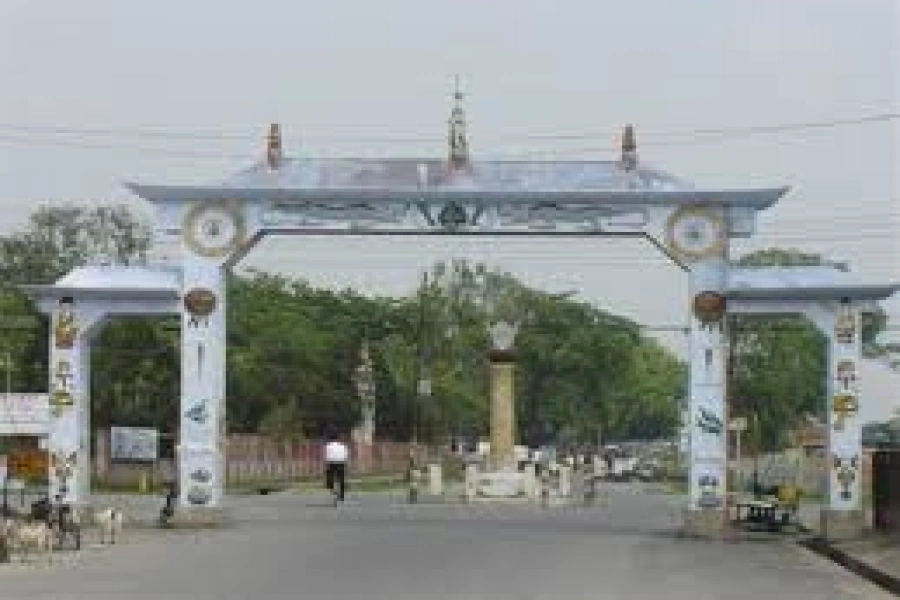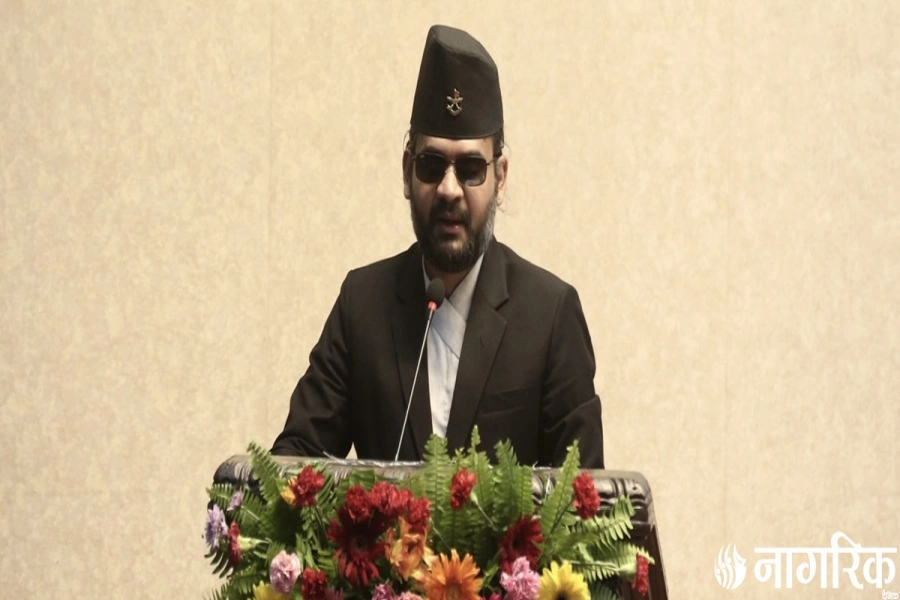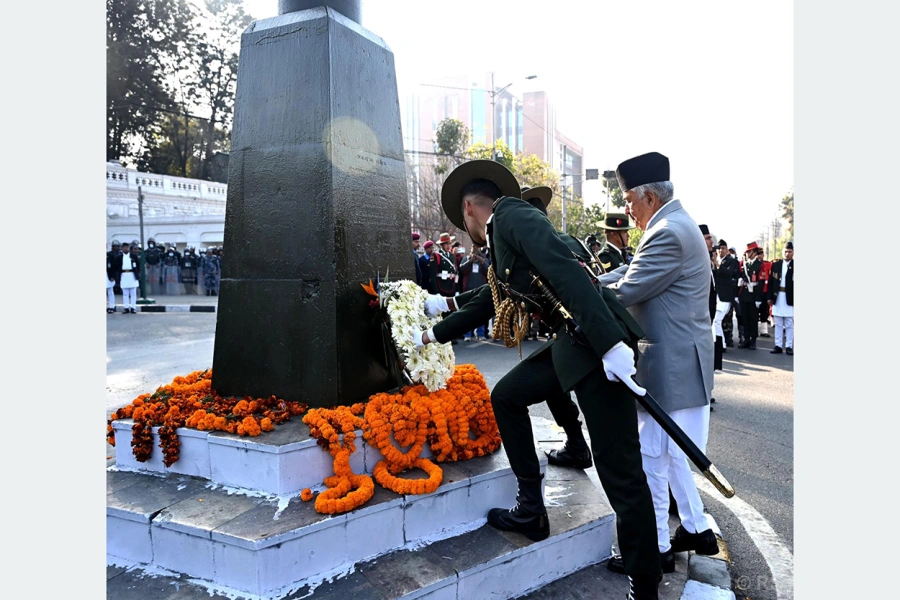When the Communist Party of China under the leadership of Chairman Mao Zedong won the Chinese civil war and established the People's Republic of China in 1949, the Americans saw it as China's "loss". Diplomats and politicians alike blamed each other for the loss of China to communism.The US severed all ties with the newly established People's Republic—despite the fact that the Chinese communists were open to diplomatic relations with the US—besides going after American China hands, scholars and anyone suspected of being a communist or a communist sympathizer. It supported the "defeated" regime of Jiang Jieshi in Taiwan until the early 1970s. Only when the practitioners of realpolitik, Richard Nixon and Henry Kissinger entered the White House did the US made amends with China (of course, by then China also needed to establish bilateral relations with the US).
Fast forward to 2015, the way India has reacted to promulgation of constitution in Nepal has similarities with the American reaction to the founding of the People's Republic. For the Indians, Nepal is lost to China and Christianity. But instead of finding what led to the loss and its own shortcomings, the Indian government is acting rather irrationally toward Nepal.
Nepal is now lost to players that India does not want. India has no one but itself to blame for the loss, just as the US lost China to communism because of Gen. George C Marshall's miscalculations and the differences between the State Department and the Defense Department on dealing with China.
India has made a series of strategic miscalculations vis-à-vis Nepal in the last decade and a half. The former Indian PM Manmohan Singh relegated Nepal's affairs to intelligence officials, which was a huge strategic blunder. The intelligence community, just as it is trained to, used the opportunity to promote India's interests in Nepal as quickly as possible, including by first installing a puppet regime in Nepal.
India's support to the Maoists, first covert and later overt, was a step in that direction. However, the Indian intelligence community did not realize that the Maoist Party was not a monolith, or even if it knew, it did not pay much attention to this important fact. There were factions within the Maoist party and the leader of each faction was driven by his own interests. Had the intelligence officials and diplomats in charge of Nepal's affairs read the history of communist revolutions elsewhere, they would have understood that no communist party has remained intact after the success of revolution.
Vertical splits are a norm in the communist parties, and Nepal was no exception. The Indian side thought that because it supported the rebels and played an important role in the signing of the 12-Point Agreement between the rebel group and political parties, it could call the shots in Nepal. The Indian hopes and aspirations were soon dashed.
Besides failing to read the individual traits and motivations of our communist leaders, Indian intelligence community and diplomats also failed to understand that each faction of the Maoist party was penetrated by others powers, or the factions were themselves reaching out to others, most notably China, the EU and various religious interests. The Maoist and other parties were not completely dependent for moral or material (read: money) support.
Further, despite paying a lip-service to India's supremacy in Nepal's affairs, they had to maintain a façade of neutrality and independence in dealing with India. Brazen interference of successive Indian envoys in Kathmandu also made our leaders—from Maoist or any other party—appear highly nationalist in public. This was again interpreted as "going against India" by the Indians in charge of Nepal affairs.
Our leaders, too, made their choices obvious. Some became openly pro-Chinese and some pro-Indian and some pro-others. Even when the political leaders' and parties' choices were obvious, the Indian government did not engage with them constructively. An allegedly pro-Chinese prime minister was not invited to New Delhi although the new PM had openly asked India to invite him. The same people/institutions who had badly miscalculated in the past were also left to deal with Nepal.
India got a new government in 2014 headed by the Bharatiya Janta Party. The BJP tried to correct the mistakes of its predecessor vis-à-vis South Asia and Nepal. India's new PM visited Nepal within two months of assuming office and remarked that a new era of bilateral relations has begun. There is no reason to doubt Modi's sincerity. But he too could not resist the urge to micromanage Nepal.
And Modi, unlike other PMs in Indian history, has one more reason to micromanage Nepal: Hinduism.
The ruling BJP draws its support mainly from the Hindus. Its stance on religion is obvious. This could be the reason India is having a hard time supporting Nepal's new secular constitution. The cocktail circle (and weekly tabloids) is abuzz with rumors that India wanted Hindu Kingdom in new constitution and it was confident that it would have its way. Only when Nepal snubbed the Special Indian envoy, S Jaishankar, did it realized that it has effectively lost Nepal to other players and that it was not the only one calling the shots here.
And for a party like the BJP, secular Nepal means the opposition parties having a field day in future state and national elections in India. The BJP is going to get ridiculed for not only failing to reinstate Hindu monarchy/state but also for the loss of Nepal to others. Therefore India's erratic behavior results from the sense of loss and has nothing to do with the current agitation in the Tarai.
And the enraged Indian government is committing a major blunder again.
Instead of the embargo, common sense dictates that if India really wants to see a Hindu Kingdom, it should support the pro-Hindu and pro-monarchy groups. Instead of seeing Nepal's new constitution as a loss, it should see it as an opportunity to begin anew with Nepal. If it is serious about Hindu state/monarchy, as some allege, then it should encourage pro-Hindu/monarchy groups to expand their base, help them with funds, extend them moral support and encourage them to participate in general elections. India should pursue the changes it wants through democratic process.
Given the majority's aspirations for a Hindu state, which was unfortunately quashed by the political parties for reasons only known to them, chances are strong that if democracy is allowed to take its course, Nepal will become a Hindu state with cultural monarchy. Strangling us to get what it wants may lead to the desired changes, but would that last? Or, in the worst case-scenario for the Indian PMO and South Block, won't it make the new players in Nepali politics even more influential, thereby, seriously compromising India's interests?
trailokyaa@yahoo.com
Stocks extend losing run



